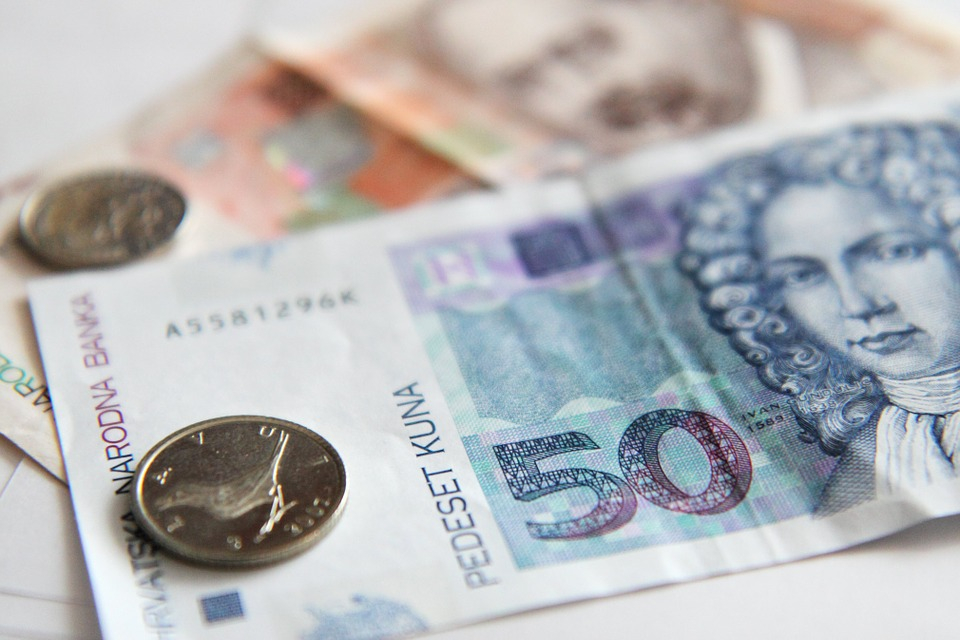As Poslovni Dnevnik/Tomislav Pili writes, Croatian household financial assets increased last year, but remained less than the world average, which is attributed to the weaker performance of the domestic capital market and the unpopularity of shares among Croatian citizens, according to Allianz’s annual report on global wealth. The report analyses the assets and debts of households across almost 60 countries. According to Allianz’s data, the gross financial assets of Croatian households increased by 5.3 percent in 2020, reaching 71 billion euros, and the main driver was bank deposits, which make up almost half of all financial assets.
The sixth richest in the region
Another major driver of growth was insurance and pension fund assets, which rose 8.3 percent, thanks in part to declining interest rates. Securities, on the other hand, fell by 3.4 percent, which, according to Allianz, reflects the poor performance of the Croatian stock market and the fact that Croatian savers – compared to most neighbouring countries – avoid investing in capital markets. Net Croatian household financial assets increased by 6.3 percent, and with a per capita amount of 12,510 euros, Croatia ranks 32nd on the list of richest countries. As such, Croatia is the sixth richest country in its immediate region, ranking below Slovenia (25), the Czech Republic (26), Estonia (27), Hungary (30) and Lithuania (31), but well above Bulgaria (35), Poland (37), Slovakia (38) and Romania (40).
According to this report, the key to rapid asset growth lies in the portfolio structure. For example, Americans hold 55 percent of their assets in securities, primarily stocks, and have profited even more from the stock market jump in recent years. Thus, in the last five years, the rise in stock prices has been responsible for 70 percent of the total increase in the value of financial assets in the United States. In Western Europe, on the other hand, less than 28 percent of assets are invested in stocks.
Two new records
Globally, financial assets increased by 9.7 percent last year and reached 200 trillion euros for the first time. Savings were the main driver of the increase in household wealth in the world, because, as has been previously stated, in the conditions of lockdowns that drastically reduced personal consumption, the global phenomenon of “forced savings” appeared and savings jumped to a record 5.2 trillion euros. Due to “forced savings”, for the first time in history, bank deposits grew at a double-digit rate of 11.9 percent. The previous record of 8 percent was set back in 2008 during the previous financial crisis.
Last year also brought a rarely seen gap between economic growth and household wealth. Namely, global financial assets grew by 11.6 percentage points more than world economic growth. Back in 2008 alone, during the peak of the then economic crisis, a similar difference of 12 percentage points was recorded, but in the opposite direction. At the time, financial assets fell sharply, but global GDP remained very much in the red. Therefore, financial assets set another historic result last year – they exceeded the value of 300 percent of global GDP. Allianz expects the trend of increasing savings to continue.
For more, make sure to check out our lifestyle section.








